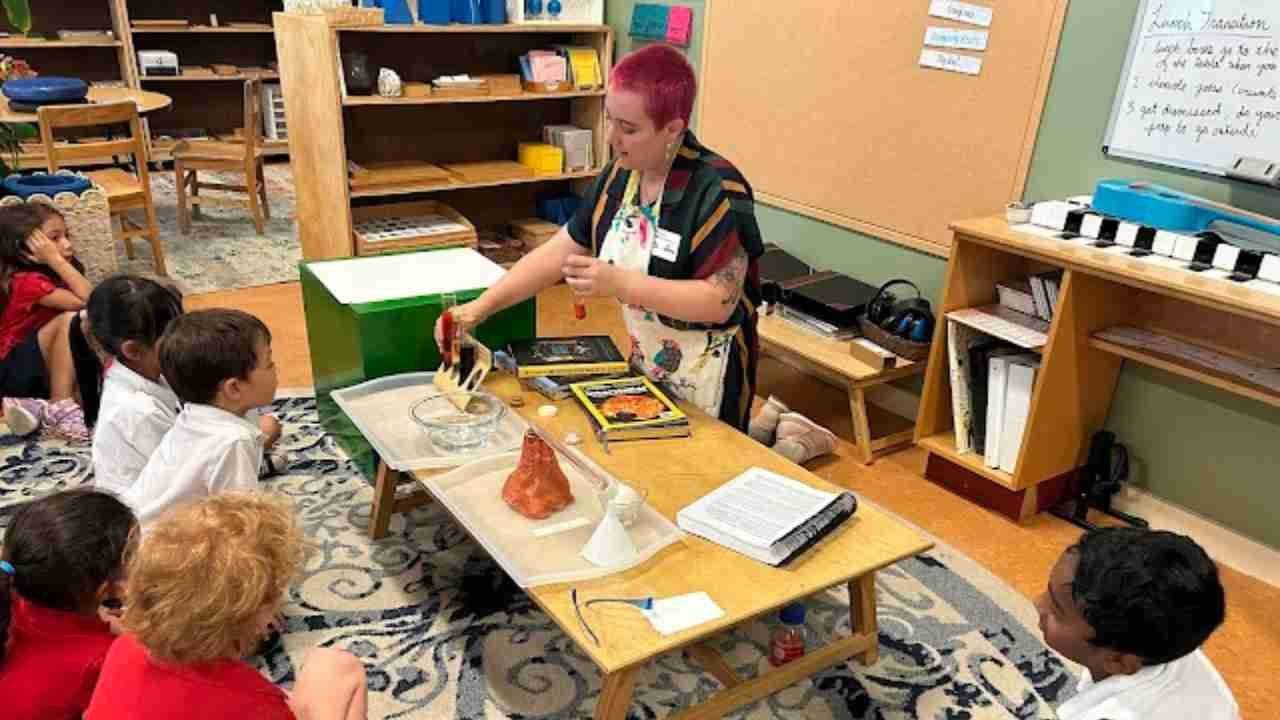
What Makes Montessori Science Unique?
Sep 16, 2025Science in Montessori: More Than Textbooks
When parents hear the word science, they often picture lab coats, beakers, and memorizing facts from a textbook. In Montessori, however, science is introduced as something much bigger, richer, and more connected to daily life.
At Butler Montessori, “science” includes two great areas of study:
- Geography - not only maps, but also physical geography (winds, water, mountains, atmosphere), economic geography (human work and interdependence), and political geography (the ways societies organize themselves).
- Biology - the study of life, plants, animals, and ecosystems.
Together, these studies help children see the Earth as an interconnected whole, where every element has a role to play. Science in Montessori is not an isolated subject — it’s a story, a journey, and an invitation to explore.
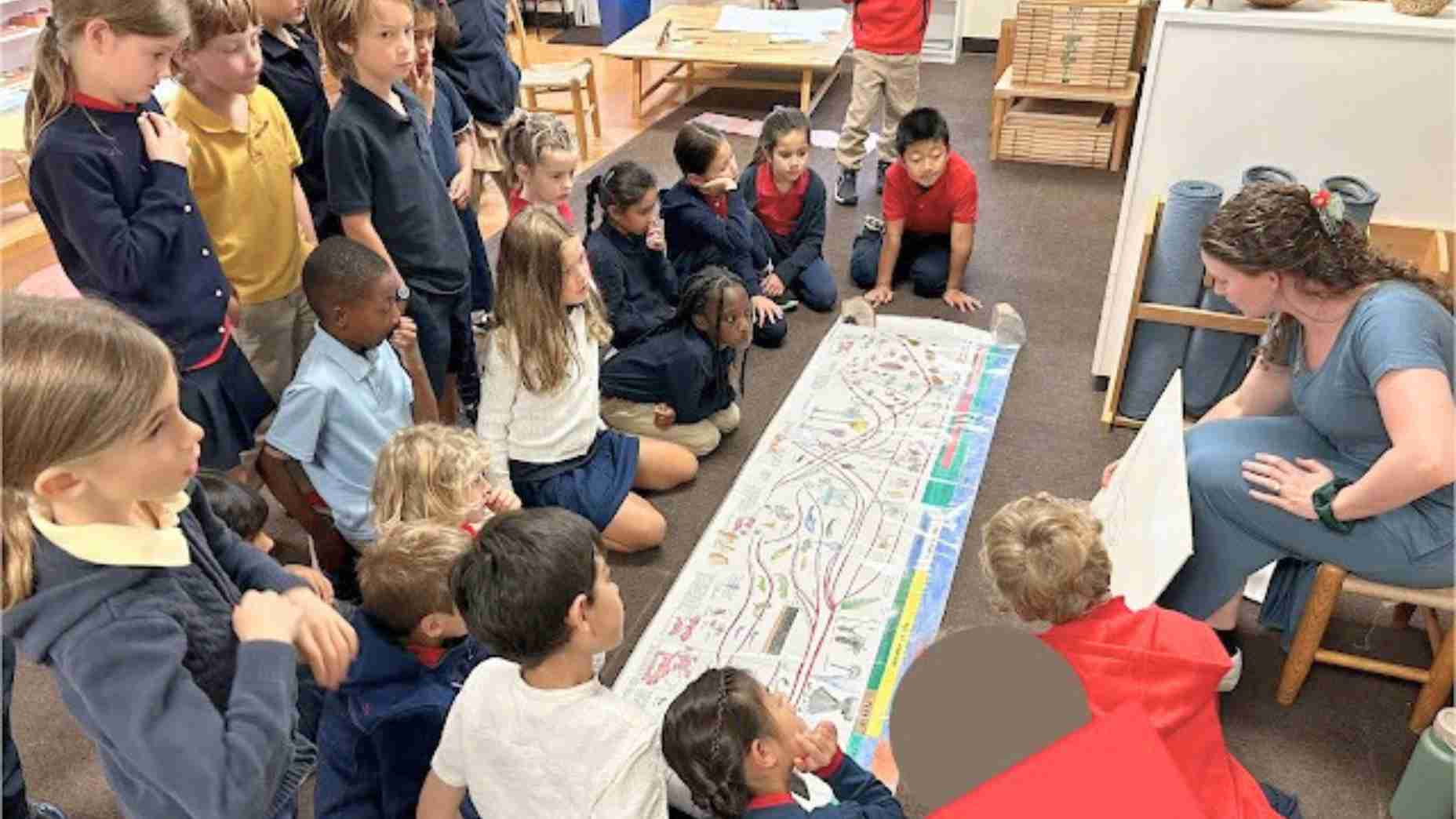
The Role of Wonder in Learning
Dr. Maria Montessori believed that learning begins with a sense of awe and wonder. Instead of giving children facts to memorize, Montessori classrooms introduce science with impressionistic stories, known as the Great Stories. One of the most beloved is the Coming of Life, where children trace the dramatic story of living beings over billions of years on a great timeline. They hear about tiny organisms, or “drops of jelly,” appearing in the sea, the first plants reaching for sunlight, and the dinosaurs who once dominated the Earth. These stories spark imagination, and from imagination grows the desire to know more. Instead of shutting curiosity down with “just the facts,” Montessori opens doors, leaving children eager to step through and explore further.
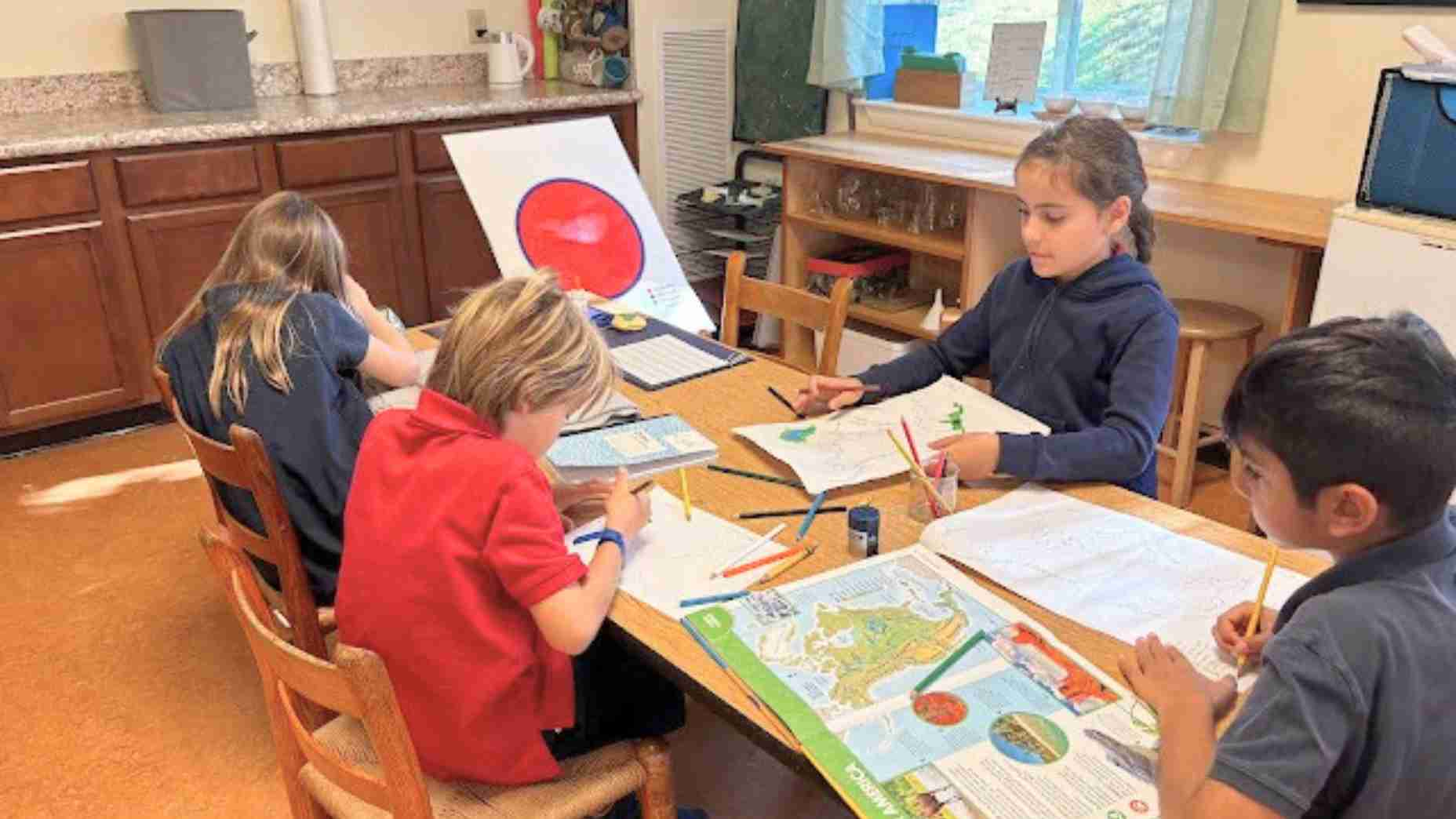
Hands-On Exploration
Wonder alone isn’t enough. Children need to test, observe, and experience. That’s why Montessori science is always paired with hands-on exploration.
Children don’t just hear that leaves make food for plants; they classify leaf shapes, do rubbings of different venations, and watch as seedlings turn toward the sun. They don’t just read about erosion; they see it in action along the creek that runs through our 22-acre campus. They don’t only learn that plants and animals depend on each other; they live it as they care for our chickens, goats, greenhouse, and gardens.
Tools like charts, models, and timelines help children visualize complex ideas, while real specimens, such as leaves, rocks, seeds, and feathers, provide them with tangible objects to explore. This combination of story, experiment, and real-world experience is what makes Montessori science unforgettable.
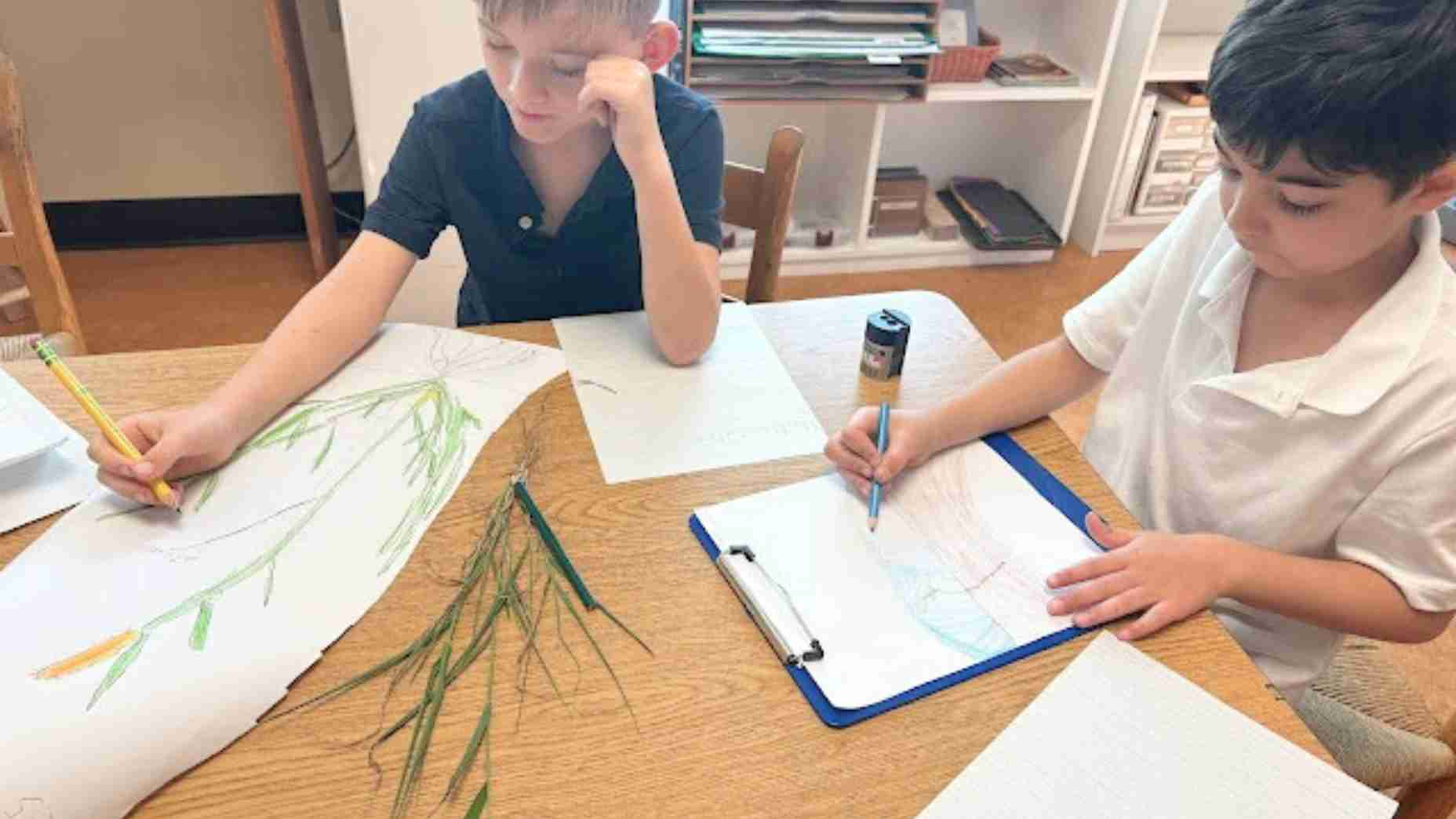
Connecting Lessons to Real Life
At Butler Montessori, our campus is as much a classroom as the indoors. When children learn about leaf venation, they can step outside, collect leaves from different trees, and compare their patterns. When they study roots, they see firsthand how plants hold the soil in place along the banks of our creek. When they care for animals, they witness interdependence: goats clear brush, chickens produce eggs, and gardens thrive with compost. In this way, science is not abstract or distant. It is alive, immediate, and deeply connected to the child’s world.
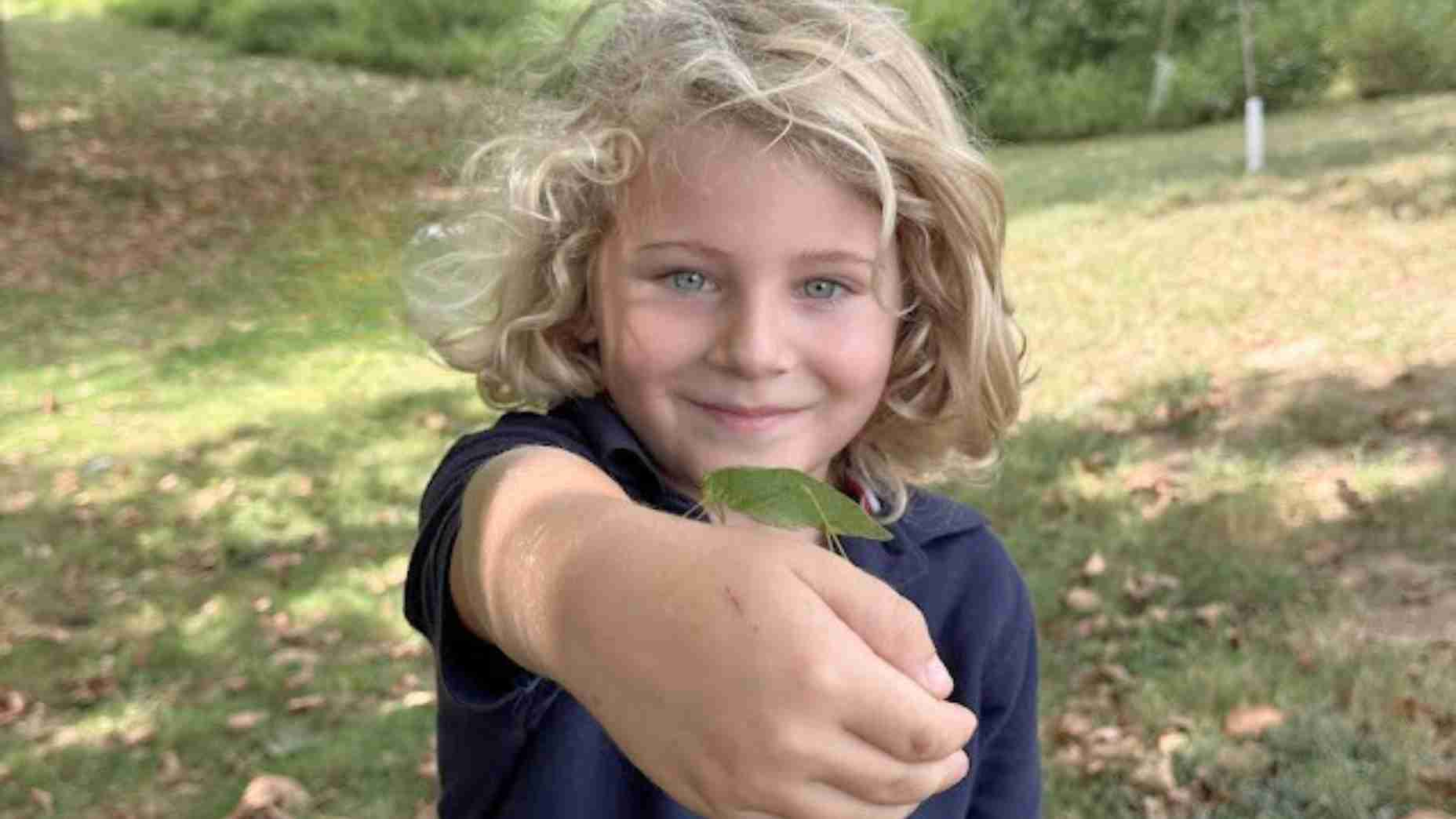
Collaboration and Independence in Science
Science in Montessori is not a solitary pursuit. While children often begin with individual exploration, such as observing a plant, sketching a leaf, or testing how water moves through soil, they are also encouraged to collaborate and share discoveries.
In the elementary years, research projects are a hallmark of Montessori science. A child fascinated by amphibians might partner with a classmate researching reptiles to compare their findings. Groups may work together to create models, presentations, or even short plays that bring scientific ideas to life.
Independence is equally important. Children are trusted to choose their own research topics, design follow-up work, and present their learning in creative ways. At Butler Montessori, this independence extends beyond the classroom. Through Going Outs, children organize small-group trips to local resources, such as a botanical garden, a science museum, or a stream in Seneca State Park, to deepen their studies.
This balance of independence and collaboration gives Montessori students both the confidence to lead and the skills to work as part of a team.
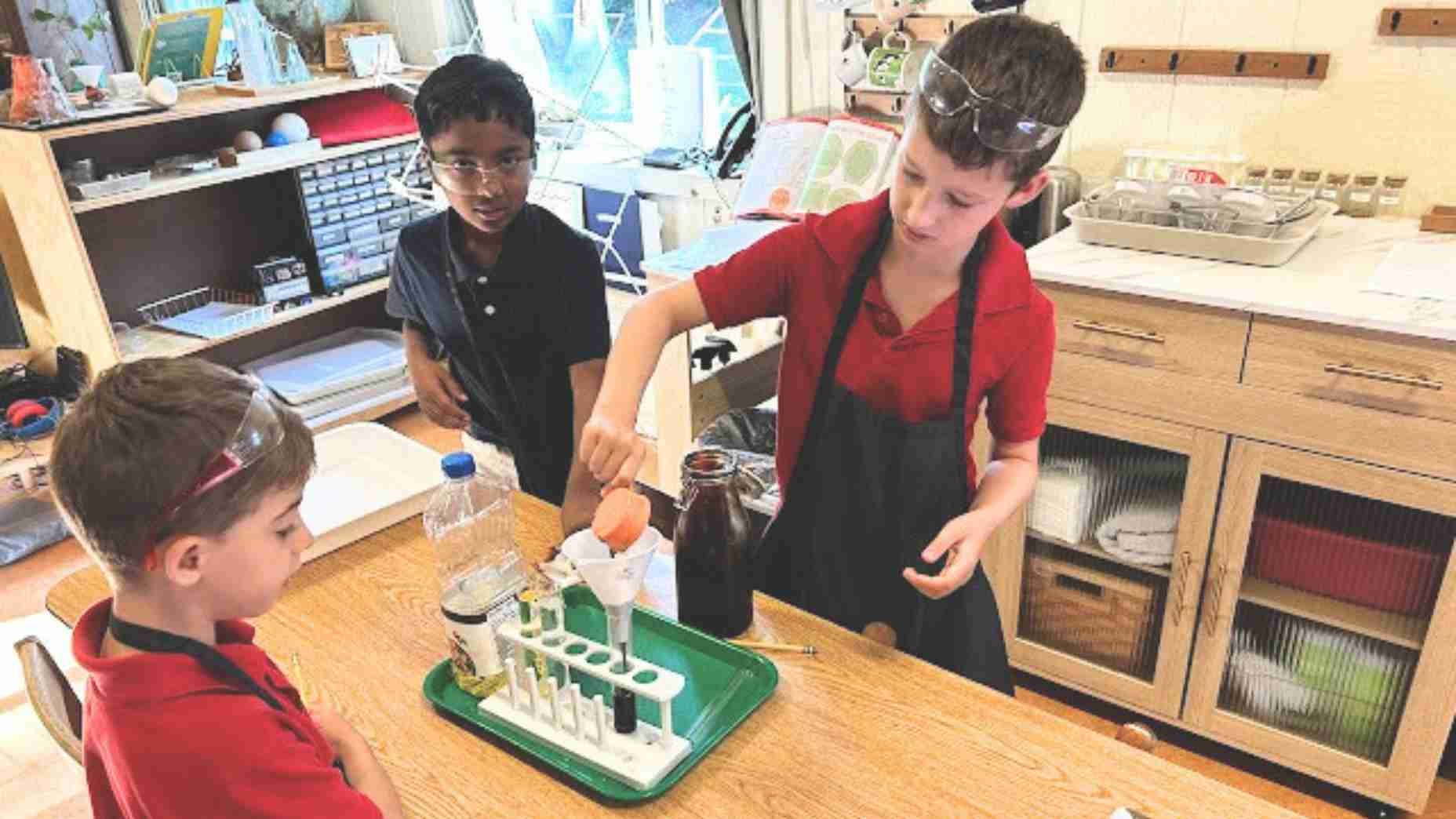
How Montessori Science Prepares Children for the Future
Parents often ask: Will my child be ready for middle and high school science? The answer is a confident yes, and not only ready, but well-prepared.
Montessori students develop:
- Critical thinking - They ask questions, test ideas, and revise their understanding.
- Observation skills - Careful attention to detail, whether watching seedlings sprout or recording weather changes.
- Confidence in experimentation - They know mistakes are part of the process and learn resilience by trying again.
- Scientific language and concepts - From photosynthesis to ecosystems, children acquire accurate terminology alongside hands-on understanding.
By the time they leave Butler Montessori, students have a strong foundation that makes higher-level science a natural next step. They are not intimidated by labs or lectures; instead, they approach new material with curiosity and resourcefulness.
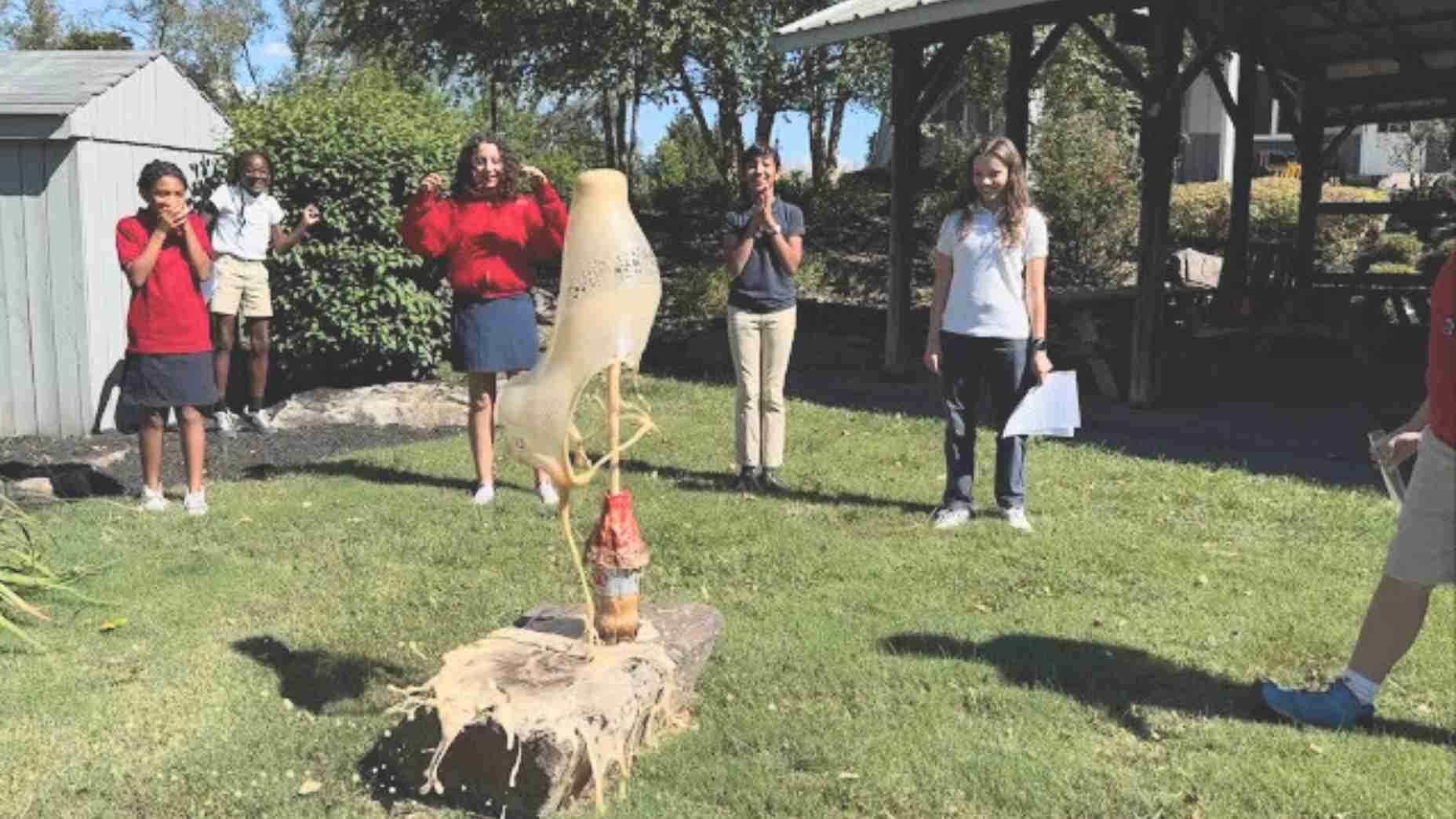
Montessori Science vs. Traditional Science
It can be helpful to compare Montessori’s approach with more traditional models.
- Traditional Science: Often emphasizes memorization of facts and definitions, with experiments saved for later grades.
- Montessori Science: Begins with stories and exploration, inviting children to build understanding through hands-on work from the start.
- Traditional Science: Follows a standardized curriculum, with all children covering the same material in the same way.
- Montessori Science: Adapts to each child’s interests and questions, allowing them to go deeper where curiosity leads.
- Traditional Science: Covers many topics quickly, but sometimes without depth.
- Montessori Science: Builds fewer topics into rich, interconnected studies that children remember.
The result? Montessori students often have stronger reasoning skills and a deeper sense of connection to science than their peers. Alumni frequently say that their Montessori foundation gave them the confidence to pursue higher-level science, technology, engineering, and mathematics with success.
FAQs About Montessori Science
- Is my child learning the same things as children in traditional schools?
Yes. Montessori students cover the same foundational concepts in biology, earth science, and physical science, but they do so through hands-on, integrated work that often goes deeper.
- Will my child be ready for high school science?
Absolutely. Montessori builds strong skills in observation, note-taking, critical thinking, and problem-solving. These prepare students for labs, lectures, and more advanced coursework.
- How does Montessori science handle experiments?
Children conduct experiments from an early age, testing how plants grow in different conditions, how air behaves when heated, or how water shapes landforms. These experiments are simple, clear, and memorable.
- What if my child isn’t “science-minded”?
Montessori science is for everyone. Because it begins with wonder and imagination, even children who don’t think of themselves as “science kids” become curious and engaged.
- How does Butler Montessori’s campus support science learning?
Our 22-acre campus is a living laboratory. Children see erosion at the creek, study ecosystems in the forest, and care for plants and animals that show interdependence in action.
- How can parents support science at home?
Encourage curiosity! Go on nature walks, plant a small garden, or simply wonder aloud together about the world. Ask open-ended questions and celebrate discoveries.
Conclusion
What makes Montessori science unique is not just the lessons, but the way children experience them. Through stories, experiments, and real-world connections, children learn that science is not a dry list of facts but a living story they are part of. At Butler Montessori, our students explore biology and geography in ways that are imaginative, rigorous, and joyful. They are not just keeping up; they are building the habits of curiosity and critical thinking that will carry them through higher education and into life. Montessori science gives children the gift of wonder, and with it, the confidence to ask questions, seek answers, and embrace the lifelong journey of learning.
By Kelly Troung ~ Lower School Director of Education

